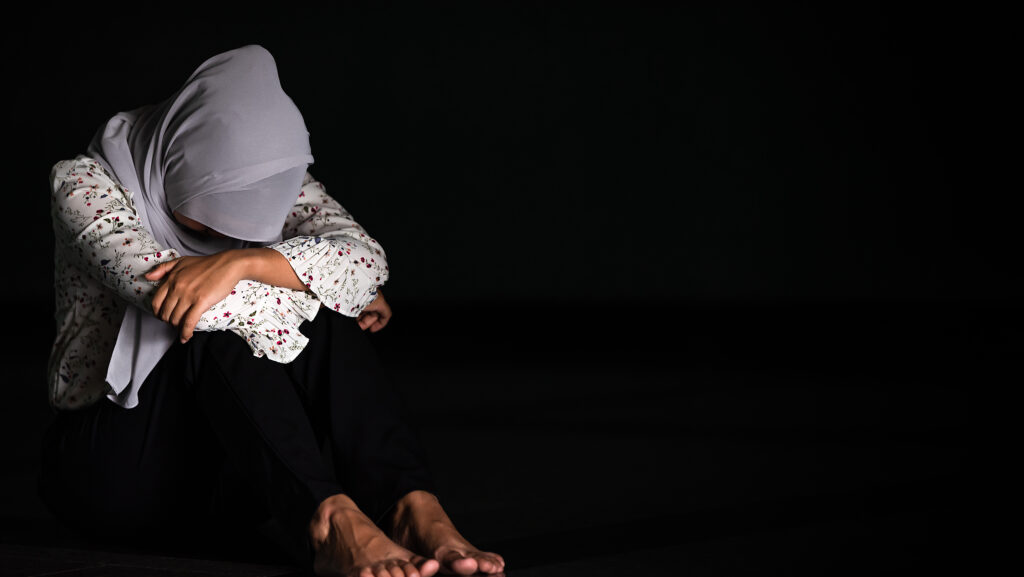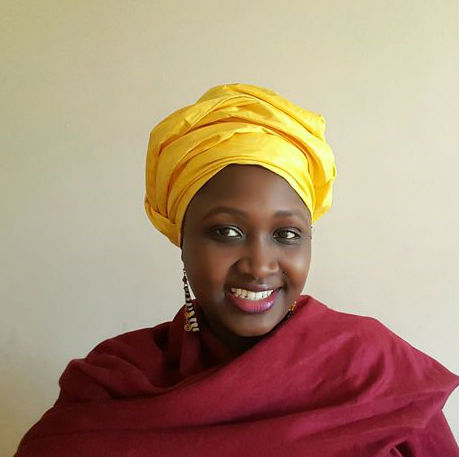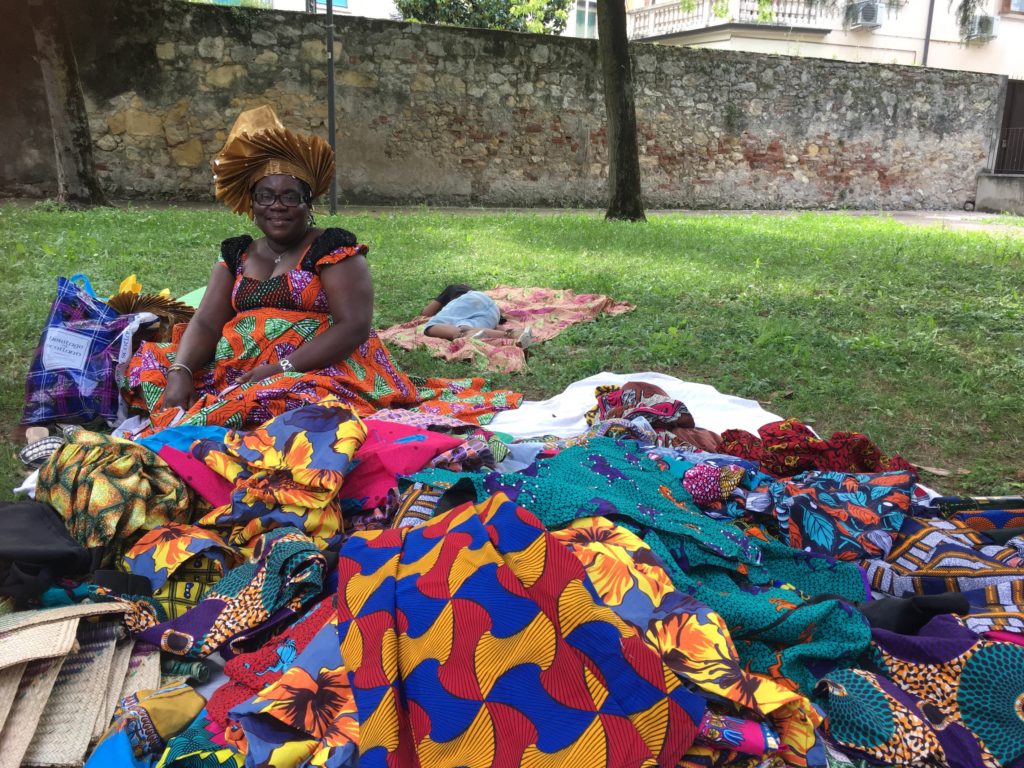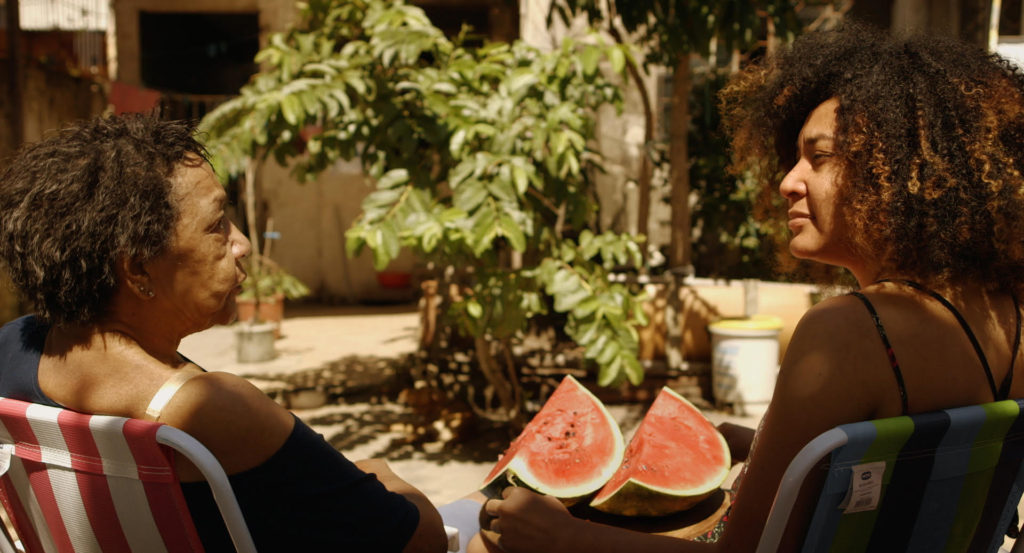Project Esperanza, a womanist organisation in Edinburgh, supports migrant women and families from diverse backgrounds. With a culturally sensitive approach, it addresses the unique vulnerabilities of women of colour, offering community and support in the face of systemic barriers and the hostile immigration environment.
Written by Francesca Malila
Edited by Nikita Jain
Project Esperanza is a womanist community organisation. Initially established to provide holistic support to African families living in North West Edinburgh, we now work with migrant families from a range of minority ethnic backgrounds living across the city. Key to our approach is that our support is race and faith sensitive, and culturally appropriate.
The people we support have often had traumatic experiences prior to, during and after migrating to the UK. We try to be a safe place to seek help and a base to form a community, knowing that this is so scarcely available due to factors such as the set of UK Government policies known as the ‘hostile environment’ and anti-migrant rhetoric published by mainstream media outlets.
As a womanist organisation, we recognise that women of colour with migration experience often face particular vulnerabilities. In our work, we see how so much of this vulnerability comes as a result of the nature of the immigration system in this country. The Scottish Government’s own report states that immigration policy is one of the three most commonly identified barriers for minority ethnic women seeking support for domestic abuse. The system puts women in situations where they are more likely to experience gender-based violence and also limits the support they can receive afterwards, leading to an increased likelihood of ongoing abuse and making it extremely difficult to move on.

Lack of access to support
Many migrant women have no recourse to public funds (NRPF) conditions attached to their visas. Examples include student, spousal, work sponsorship and dependent visas. Under this condition, they are not entitled to any support that is categorised by the Home Office (the government department responsible for immigration) as a public fund. This includes women’s refuges and temporary accommodation that are funded by the government. Workers at refuges may try their best to find loopholes so that they can provide the crisis support that women desperately need, but it should not be down to individual workers to subvert the system in order to protect women and children from further abuse.
The Migrant Victims of Domestic Abuse Concession is available for a person who is in the UK on a partner visa (e.g. they have leave to remain as a partner of a person with a work visa). This route allows someone who has had to leave a relationship due to abuse to access three months of limited leave to remain, in which time they can access employment and benefits and apply for indefinite leave to remain if they are eligible. However, this concession is not nearly broad enough to protect migrant women who experience abuse. Any migrant who has a visa in their own right rather than a partner visa cannot apply. Nor can anyone without a visa. We call on the UK government to extend this concession to all migrant women as the minimum that should be done to protect survivors of violence and abuse.
This situation is in contravention of women’s human rights as laid out in international law. The Istanbul Convention states that victims of violence against women and girls (VAWG) must be protected regardless of their immigration status. However, the UK Government has exempted itself from Article 59 of this convention, which explicitly obliges states to provide residence permits for migrant women who are survivors of gender-based violence.
At Project Esperanza, we have seen time and time again the unwillingness of the government to treat migrant women respectfully and humanely. In fact, we have been told by women we support that they have not reported when they have been assaulted or abused because they know that their human rights are not respected, protected, or recognised within the structural systems that have been put in place to oppress them.

Individual and Systemic Abuse
As shown by the conditions we have detailed in the preceding paragraphs, migrant women who experience gender-based violence suffer a double-edged sword of abuse from individual perpetrators and a system that endangers them. Below are two case studies from our work that highlight some other issues that contribute to the complex nature of abuse for migrant women.
Insecure immigration status increases women’s vulnerability to abuse.
Young woman A came to the UK with her husband. Following the abuse, she managed to leave and seek help in a different city. Due to the nature of the abuse, she was unaware of her immigration status and eventually found out that she had not had a visa for months. She was advised by a lawyer that she needed to report the abuse to the police in order to support her application for a visa. Police were unable to find an interpreter who spoke the same language as her (the main language of a commonwealth country that is spoken by 14 million people). She was forced to recount the details of her abuse on three separate occasions in front of six different people. She struggled to communicate when feeling unsure of herself in English and due to cultural taboos around discussing topics of sexual nature, especially in front of so many strangers.
This case study highlights how migrant women have particular vulnerabilities in regard to abuse and accessing support. A partner can maintain complete control over a woman’s status, withholding information and putting her in a situation where she may be in the UK illegally without knowing it. This puts her at risk of punishment from the state and leads to a fear of seeking help. When reporting the issues, police forces may not be equipped to deal with cases in which the victim does not speak English as a first language. This makes providing the intense detail that is required when reporting abuse even more difficult to provide, on top of the traumatic nature of recounting events.

The impact of Islamophobic rhetoric on migrant girls
Family B, originally from Yemen, has sought asylum in Scotland for two years due to the civil war in their country. Despite the parents’ efforts to rebuild their lives, recent racist riots in the UK have increased their anxiety, particularly about the safety of their two daughters in primary school. The family decided to keep their daughters at home due to previous incidents of Islamophobic bullying in which they were targeted because they wore hijabs. This included a physical attack on one of their daughters. The parents lack confidence in the school’s policies, leading them to prioritise their children’s safety over education. The decision to keep the girls at home, however, has raised concerns about the children’s welfare from the school, which is not convinced that there exists a real threat to the children within their school. The parents were unaware that in Scotland, you can get into trouble for not sending your children to school.
This situation differs from the circumstances we have focused on so far in this article. However, we thought it important to highlight the diverse forms that gender-based violence can take for migrant women and girls. Racist and Islamophobic rhetoric from the government and media feed in to create an environment in which many feel afraid outside of their homes. Since July 2024, when this rhetoric sparked widespread racist attacks, we have seen a significant rise in the number of families we work with at Project Esperanza who have told us they are afraid to go out in public.
In the situation of Family B, the young girls are facing verbal and physical attacks based on their religious dress. This violence has not only led to trauma but has also restricted their right to access education. The parents were questioned by the school for attempting to protect the girls from further harm which led them to fear that they would be penalised by social workers.
Institutions must do more to understand the threats faced by migrant girls and do more to protect them from harm. The school raised concerns about the children’s welfare but failed to consider all the contributing factors. Schools should adopt a faith-sensitive and culturally competent approach to support families who have been subject to racist and Islamaphobic attacks rather than doubting the validity of the harm and chastising parents who seek to protect their children when school is not a safe environment.
We hope this article has shed some light on the situation of migrant women who are survivors of gender-based violence in the UK.
Feature image by Delmaine Donson at iStockphoto.com
Learn more about Project Esperanza here.
If you or someone you know is in immediate danger or in need of urgent protection, call the police on 999.
For more info on where to find help, click here.

Francesca is the Community Development Worker at Project Esperanza, an Edinburgh-based organisation that provides holistic support to BAME migrant families. In her role, she focuses on organising community-based activities for women and providing resources for the workforce to improve cultural competence when working with women of colour.



